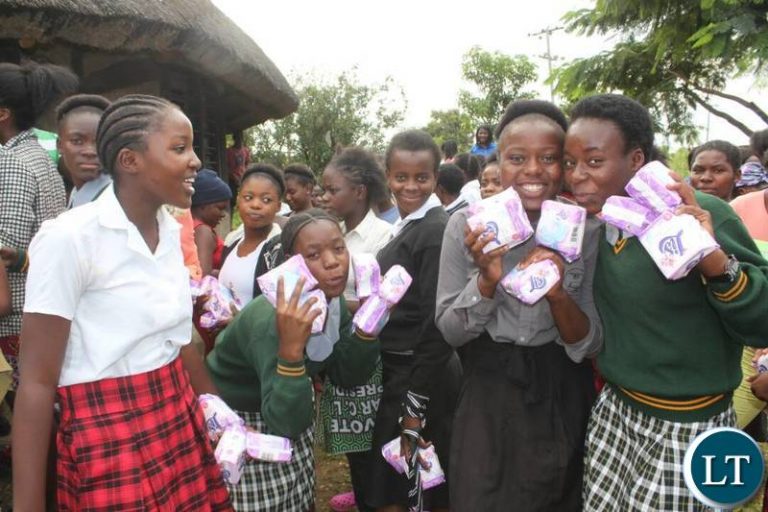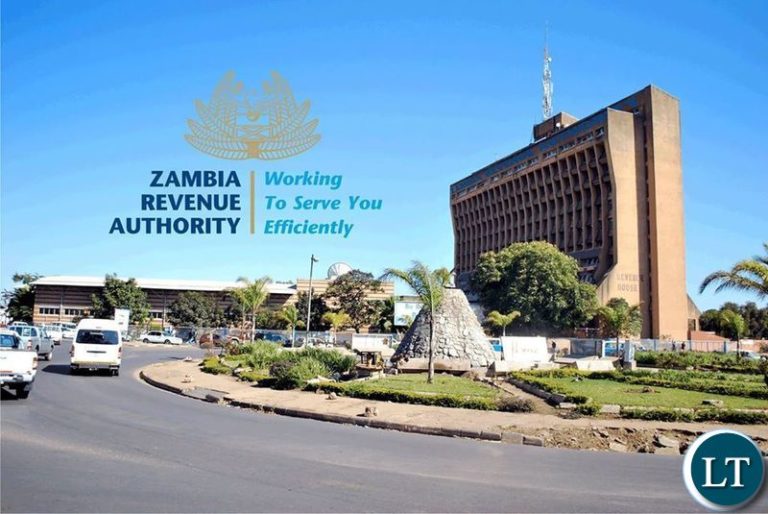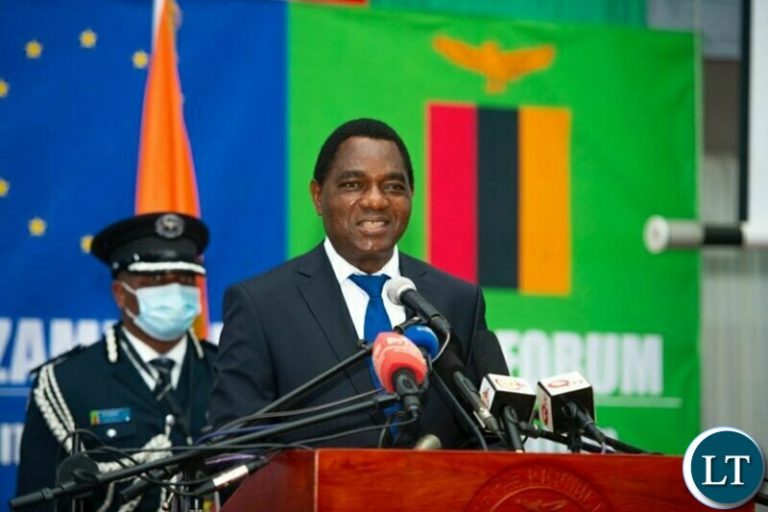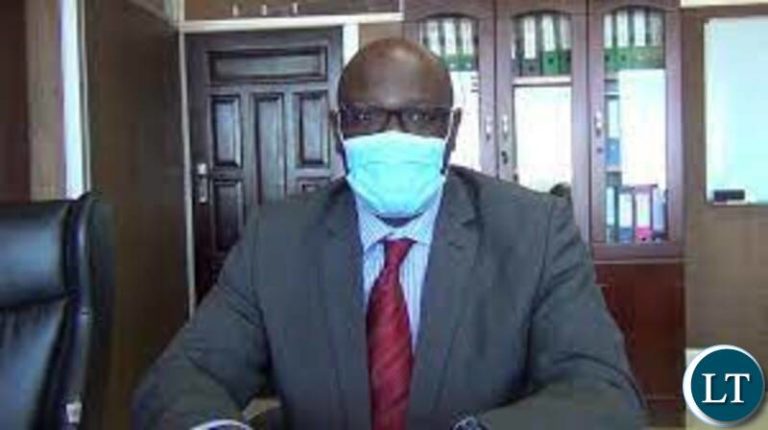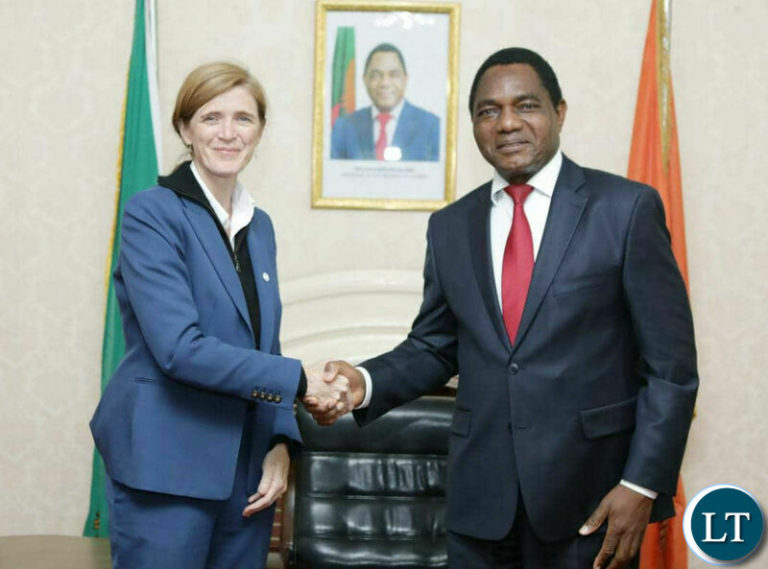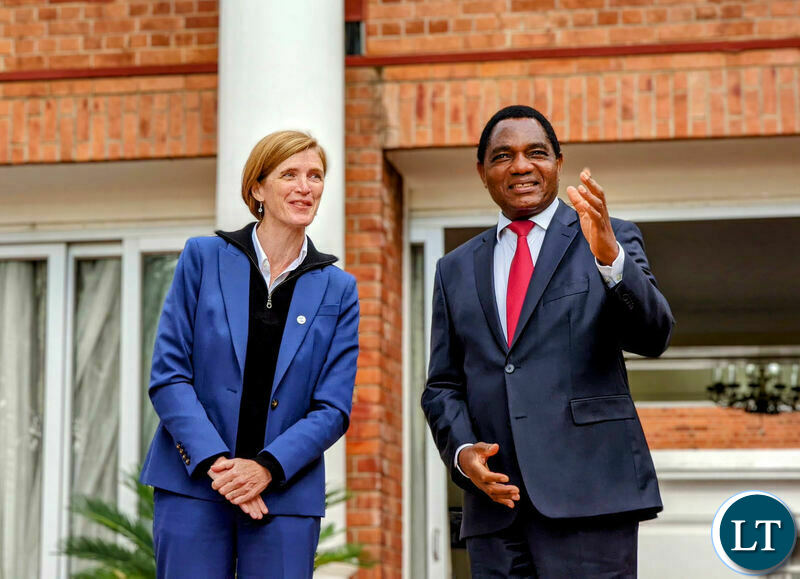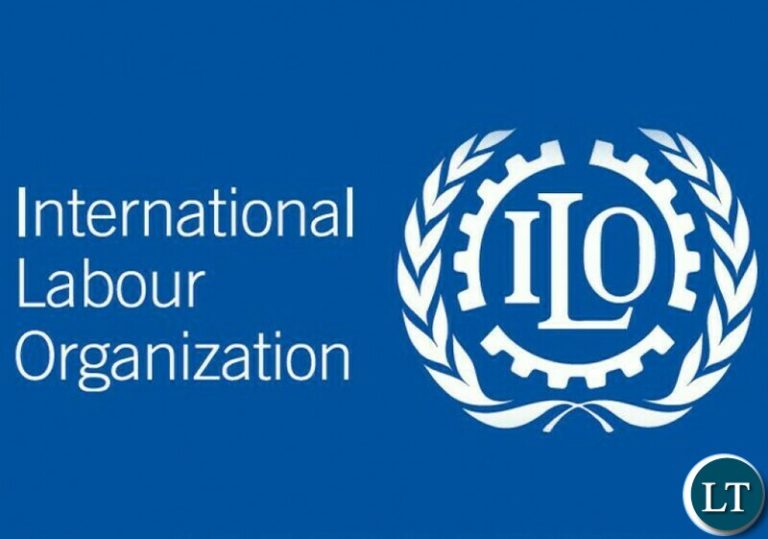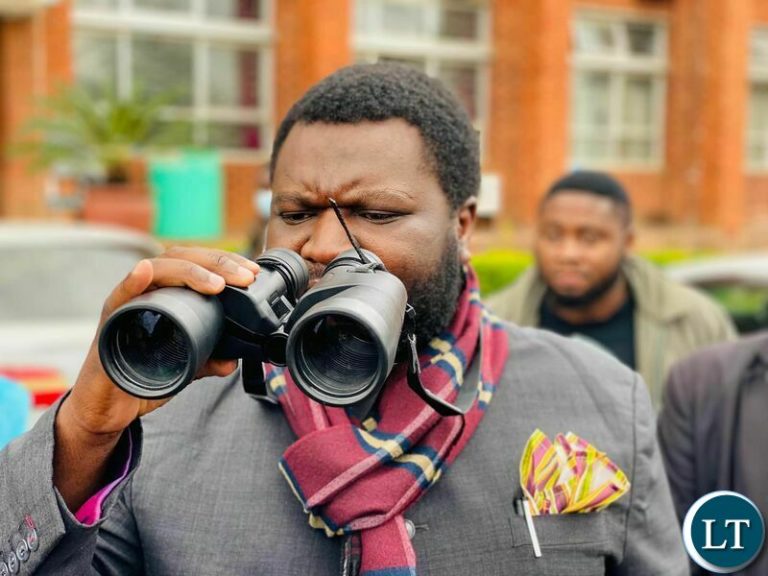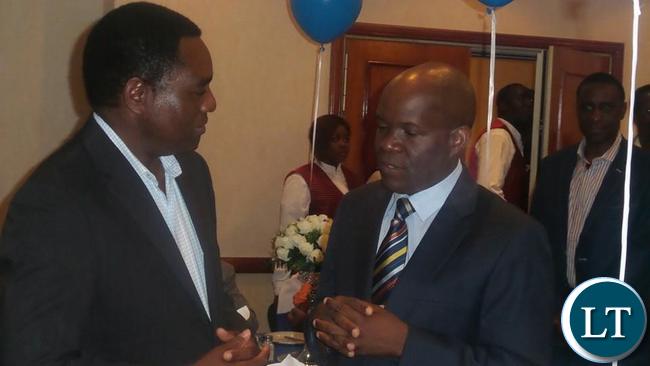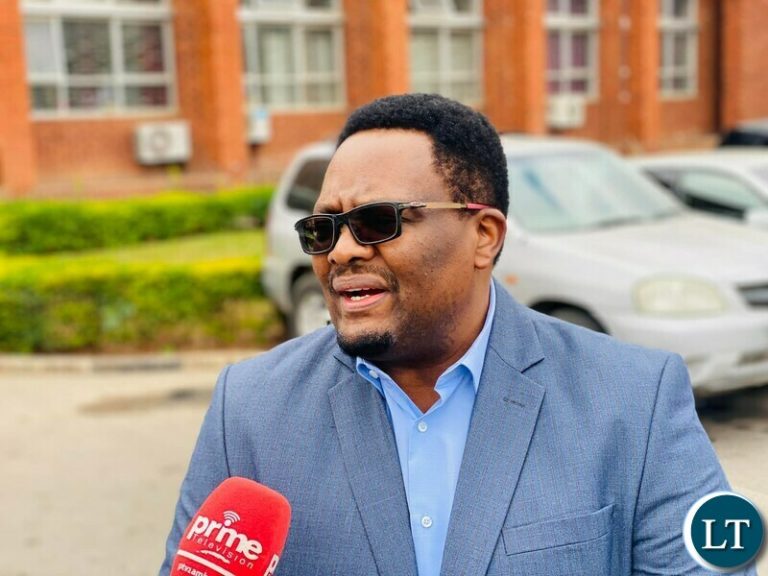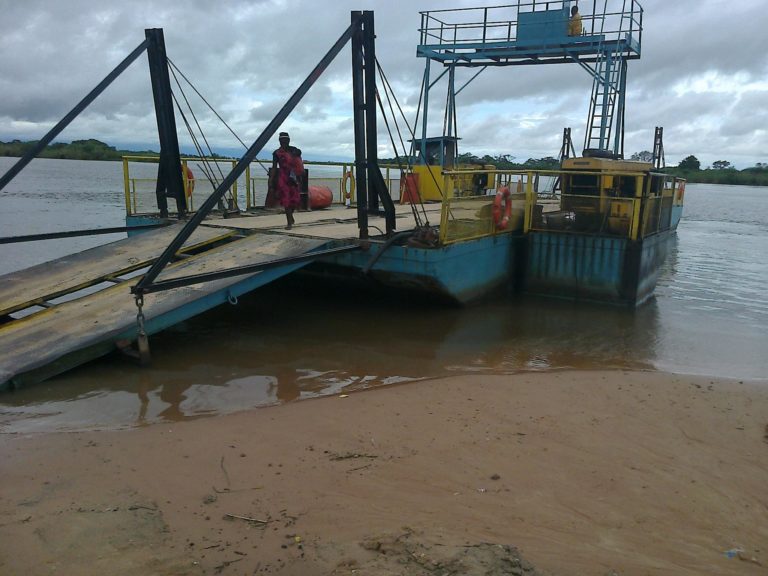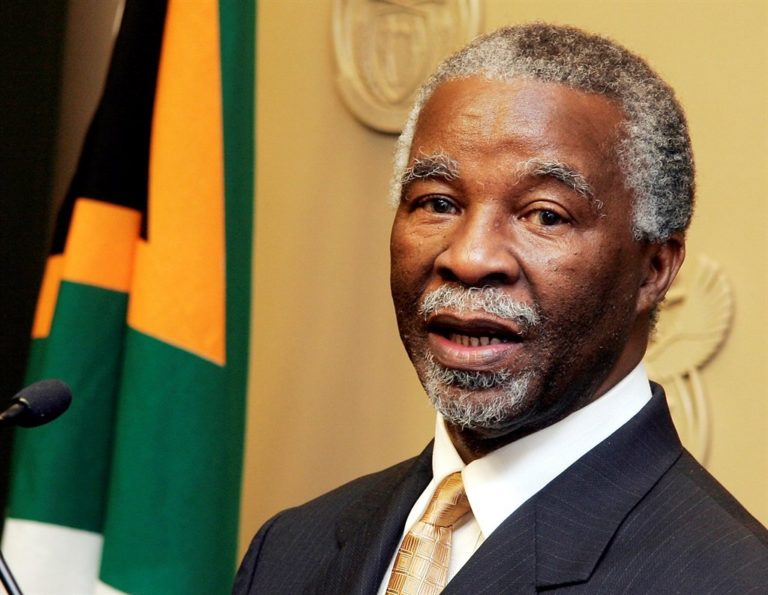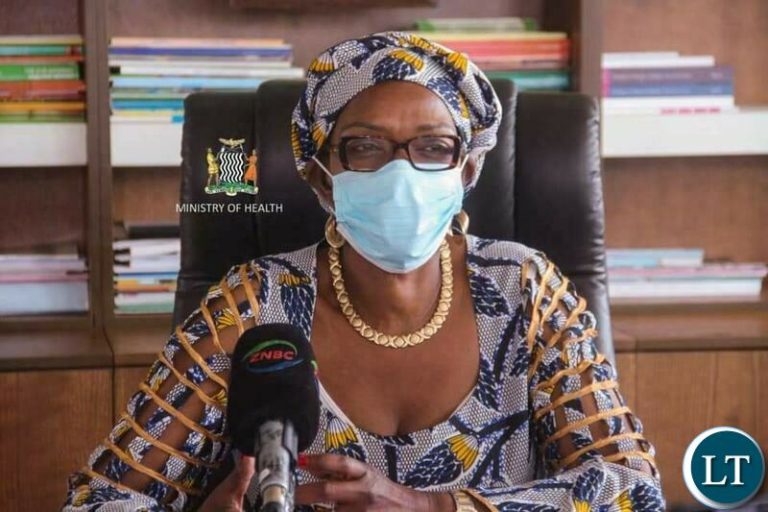President of the Socialist Party Fred M’membe has written a letter to republican President Hakainde Hichilema requesting him to rethink and cancel the agreement that has been signed concerning the setting up of an AFRICOM office in Zambia, saying the agreement cannot be in the interest of the Zambian and African masses.
In a letter published on his Facebook page, Dr M’membe also requested the president make the signed agreement available to the Zambian public so people can make an informed judgement about what the agreement entails.
Below is the full content of the letter
June 24, 2022
Mr Hakainde Hichilema
President of the Republic of Zambia
State House
Lusaka
Dear President Hichilema,
Re: The setting up of an AFRICOM office in Zambia
It is now public knowledge that the United States Department of Defence (DoD) is about to set up an Office for Security Cooperation at the Mission in Lusaka and that you have been party to its facilitation.
1. According to the United States doctrine document of 2017 that provides the policy context under which AFRICOM operates, “Security Cooperation encompasses all DoD interests, programs, and activities with foreign security forces (FSF) and their institutions to build relationships that help promote US interests, enable partner nations to provide the US access to territory, infrastructure, information and resources; and/or to build and apply their capacities consistent with US defence objectives”.
2. Subsequently, the tasks of AFRICOM as outlined by General Steven Townsend are:
(i) Maintaining America’s strategic access and influence,
(ii) To counter threats to the United States that emanate from Africa,
(iii) To counter narratives from China and Russia – United States’ strategic competitors,
(iv) To respond to crises – humanitarian assistance, disaster relief, threats to US embassies.
Given this understanding of the doctrine behind “Security Cooperation” and the tasks of AFRICOM, it is a serious mistake to go ahead with the setting up of the planned office. “Security Cooperation” is a United States imperialist agenda and AFRICOM is a tool for its execution.
Since its creation, AFRICOM has slowly increased its creep throughout the continent, establishing agreements with countries like Niger, Ghana, Mali, Equatorial Guinea, Nigeria, Kenya, Senegal and a host of others to use airfields and bases to refuel aircraft, deploy troops and conduct surveillance operations. These sorts of technical agreements and outposts are what anthropologist David Vine and others refer to as “lily-pad” bases. According to Joeva Rock (2018), recent intelligence suggests that there are about two-dozen “lily-pads” across 20 African countries.
Even though in collaboration with national, international and regional partners, AFRICOM conducts Military Information Support Operations (MISO) to support the US Department of Defence’s communication efforts specifically designed to improve regional stability and security cooperation. Critical information provided by these partners, which goes a long way to be beneficial to counterterrorism operations or contributes to the force protection of the US, is not reciprocated, aside from limited non-lethal assistance. So far, AFRICOM’s operations, exercises and security cooperation assistance programmes with African governments have supported US Government foreign policy in areas of trade, economy and defence, and do so primarily through military-to-military activities and assistance programmes rather than yielding dividends to the cooperative countries.
In the follow-up discussions that arose after the official announcement of the setting up of the Office for Security Cooperation, both the US Mission and your Minister of Defence unsuccessfully belaboured to make a distinction between the setting-up a “military base” and an “office”.
Ironically, this is the same argument that has been used in all other countries where US military presence became a reality. Since the setting up of bases is politically problematic, as evidenced by the resistance of the African masses since 2008, the setting up of offices and other “soft approaches” (joint military exercises, training support, scholarships, disinformation campaigns, etc) have become the preferred hybrid approaches for AFRICOM. These approaches are the “Trojan horses” that allow and enable a scope creep that is politically easier to manage. With such approaches, public resentment is moderated and AFRICOM can achieve its objectives with minimum public resistance.
The example of Ghana helps to elucidate this fact. When Ghanaians protested against AFRICOM presence, the US Mission in that country categorically stated, “We are NOT setting up a base in the country.” The arrangement was described as a mere “Status of Forces Agreement”. Through this agreement the US military (and its civilian and contractor force) are allowed “unimpeded” access to already existing facilities, notably Kotoka International Airport in Accra and/or Takoradi Airport, as well as others appointed either for exclusive or joint use. The agreement further allows for (i) training; (ii) transit; (iii) support and related activities; (iv) refuelling of aircraft; (v) landing and recovery of aircraft, accommodation of personnel; (vi) communications; (vii) staging and deploying of forces and material; and (viii) humanitarian and disaster relief exercises within these designated facilities. Today, there is a base at Takoradi (Ghana’s oil city and home to Halliburton and Kosmos Energy; US companies), where AFRICOM has access to deploy “rapid reaction forces across the continent”. Additionally, AFRICOM hosts courses at the Kofi Annan International Peace Keeping Training Centre in Accra. It also holds joint training with Ghanaian armed forces and conducts missions referred to as “humanitarian”.
The example of Ghana and many others points to a stark reality: We MUST NOT trust any military arrangements made with the US on our continent. The imperialist interests of the US cannot be similar to those of the African masses. If anything, it is a new form of enslaving our continent – and you, Mr President, should not go down in history as having been a party to this.
Since gaining independence in 1964, Zambia has followed a non-aligned approach in its military doctrine and foreign policy. This is about our existence, dignity and sovereignty. Non-alignment has allowed Zambia to avoid the trappings of big-power global politics. The relative peace our country has enjoyed is to a large extent because we chose to be non-aligned in a world that was dangerously divided.
As the geopolitical landscape moves towards a multipolar world, it becomes even more important that Zambia acts with great caution in how it navigates this landscape. The step you have taken on AFRICOM is therefore retrogressive and has the potential to diplomatically isolate Zambia in the region as well as endanger the security of our people in the medium and long term. Zambia and our defence forces MUST NOT be used to:
– Maintain United States’ imperialist economic and political access and influence,
– Serve as battleground to counter threats to the United States that emanate from Africa,
– Counter narratives from China and Russia. These two countries are not our enemies. If anything, they have been on our side when our continental liberation required support and also when Zambian security was at stake.
– Play a role in AFRICOM’s double-edged sword of humanitarian assistance, disaster relief, and other responses.
We therefore sincerely request you to:
1. Rethink and cancel the agreement that has been signed. It cannot be in the interest of the Zambian and African masses.
2. Make the signed agreement available to the Zambian public so people can make an informed judgement about what it entails.
Fred M’membe,
President of the Socialist Party


